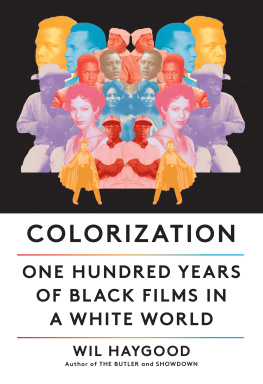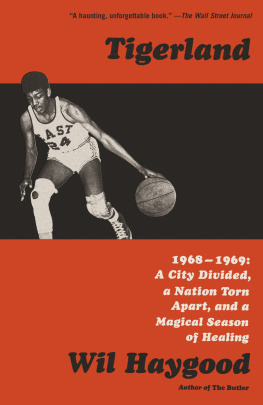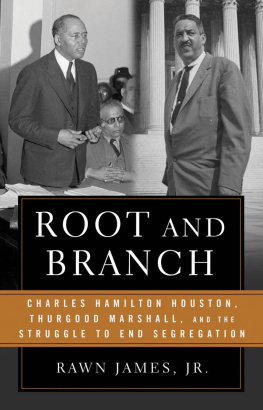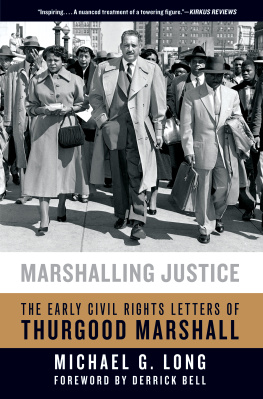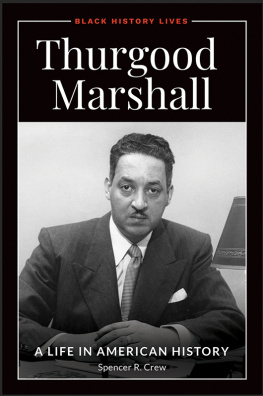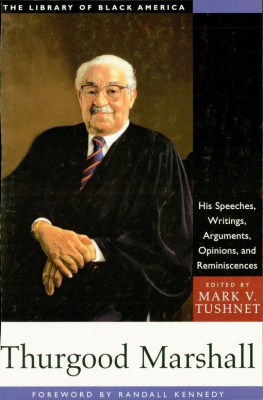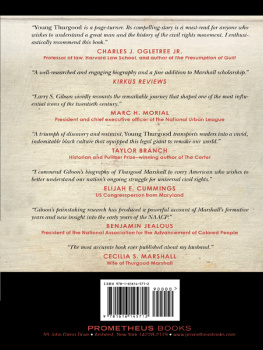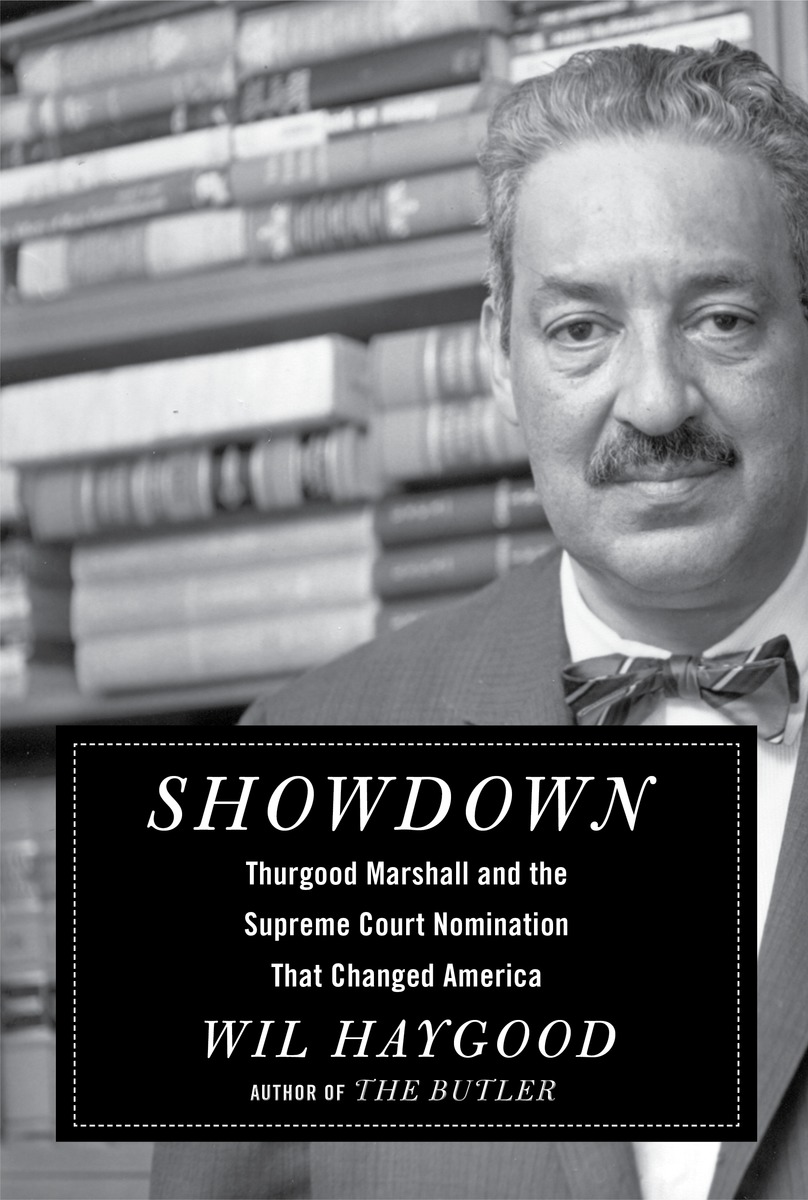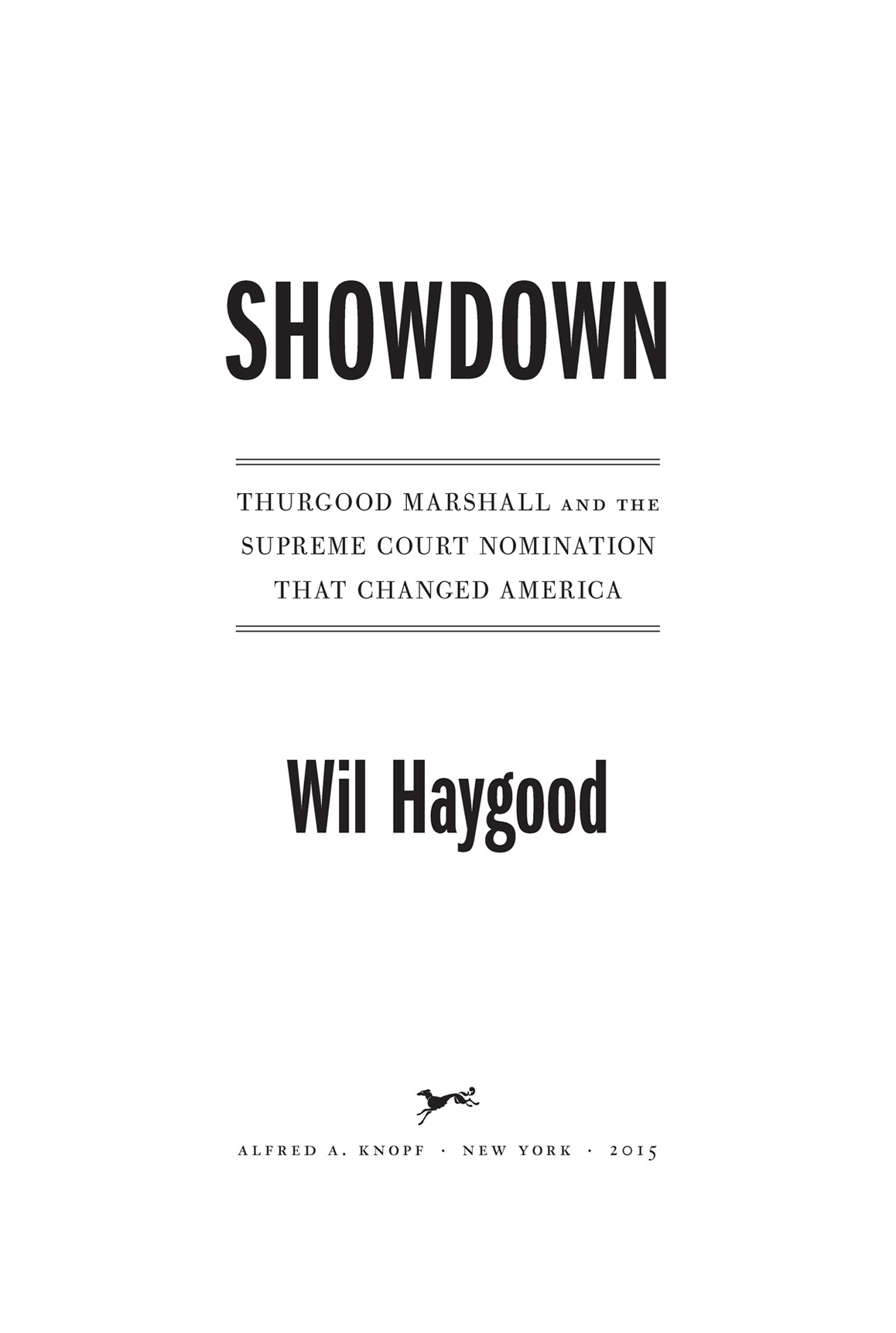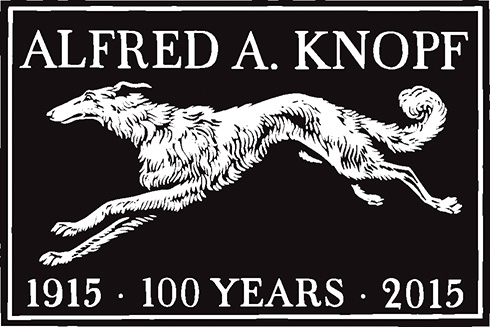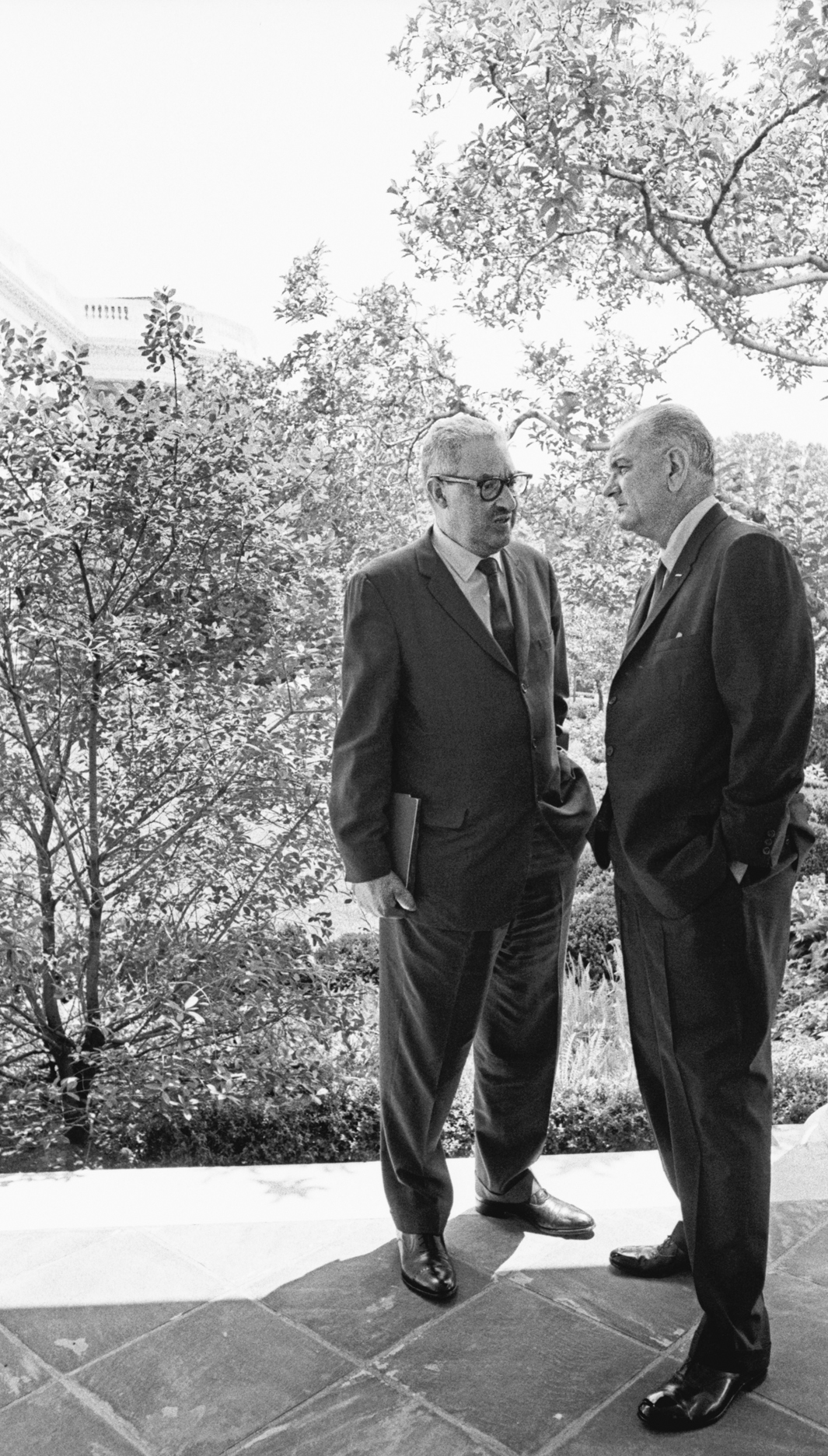Wil Haygood - Showdown: Thurgood Marshall and the Supreme Court Nomination That Changed America
Here you can read online Wil Haygood - Showdown: Thurgood Marshall and the Supreme Court Nomination That Changed America full text of the book (entire story) in english for free. Download pdf and epub, get meaning, cover and reviews about this ebook. year: 2015, publisher: Knopf, genre: Detective and thriller. Description of the work, (preface) as well as reviews are available. Best literature library LitArk.com created for fans of good reading and offers a wide selection of genres:
Romance novel
Science fiction
Adventure
Detective
Science
History
Home and family
Prose
Art
Politics
Computer
Non-fiction
Religion
Business
Children
Humor
Choose a favorite category and find really read worthwhile books. Enjoy immersion in the world of imagination, feel the emotions of the characters or learn something new for yourself, make an fascinating discovery.

- Book:Showdown: Thurgood Marshall and the Supreme Court Nomination That Changed America
- Author:
- Publisher:Knopf
- Genre:
- Year:2015
- Rating:4 / 5
- Favourites:Add to favourites
- Your mark:
Showdown: Thurgood Marshall and the Supreme Court Nomination That Changed America: summary, description and annotation
We offer to read an annotation, description, summary or preface (depends on what the author of the book "Showdown: Thurgood Marshall and the Supreme Court Nomination That Changed America" wrote himself). If you haven't found the necessary information about the book — write in the comments, we will try to find it.
Using the framework of the dramatic, contentious five-day Senate hearing to confirm Marshall as the first African-American Supreme Court justice, Haygood creates a provocative and moving look at Marshalls life as well as the politicians, lawyers, activists, and others who shapedor desperately tried to stopthe civil rights movement of the twentieth century: President Lyndon Johnson; Congressman Adam Clayton Powell Jr., whose scandals almost cost Marshall the Supreme Court judgeship; Harry and Harriette Moore, the Florida NAACP workers killed by the KKK; Justice J. Waties Waring, a racist lawyer from South Carolina, who, after being appointed to the federal court, became such a champion of civil rights that he was forced to flee the South; John, Robert, and Ted Kennedy; Senator Strom Thurmond, the renowned racist from South Carolina, who had a secret black mistress and child; North Carolina senator Sam Ervin, who tried to use his Constitutional expertise to block Marshalls appointment; Senator James Eastland of Mississippi, the head of the Senate Judiciary Committee, who stated that segregation was the law of nature, the law of God; Arkansas senator John McClellan, who, as a boy, after Teddy Roosevelt invited Booker T. Washington to dinner at the White House, wrote a prize-winning school essay proclaiming that Roosevelt had destroyed the integrity of the presidency; and so many others.
This galvanizing book makes clear that it is impossible to overestimate Thurgood Marshalls lasting influence on the racial politics of our nation.
Wil Haygood: author's other books
Who wrote Showdown: Thurgood Marshall and the Supreme Court Nomination That Changed America? Find out the surname, the name of the author of the book and a list of all author's works by series.

